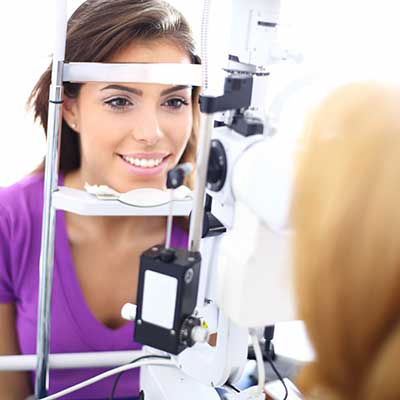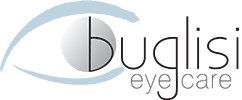Comprehensive Exams
 In a healthy adult without eye disease or increased risk of eye disease, The American Academy of Ophthalmology recommends that you get a baseline eye examination at age 40, the age where changes of vision may occur, or identification of early signs of disease. If you have an eye disease or are at risk for developing an eye disease, you should have an exam younger than age 40. If you are 65 years or older, you should have your eyes checked annually for signs of diseases such as age-related macular degeneration, cataracts, and glaucoma.
In a healthy adult without eye disease or increased risk of eye disease, The American Academy of Ophthalmology recommends that you get a baseline eye examination at age 40, the age where changes of vision may occur, or identification of early signs of disease. If you have an eye disease or are at risk for developing an eye disease, you should have an exam younger than age 40. If you are 65 years or older, you should have your eyes checked annually for signs of diseases such as age-related macular degeneration, cataracts, and glaucoma.
A comprehensive eye exam includes obtaining your medical history, checking your visual acuity, your pupils, your peripheral vision, your eye movement, refraction to determine a prescription for corrective lenses, and measuring your eye pressure. Dr. Buglisi will examine the front part of your eye, your retina, and optic nerve after drops are put in your eyes to dilate (widen) your pupil. After dilation, your eyes may temporarily be sensitive to light for a few hours.
